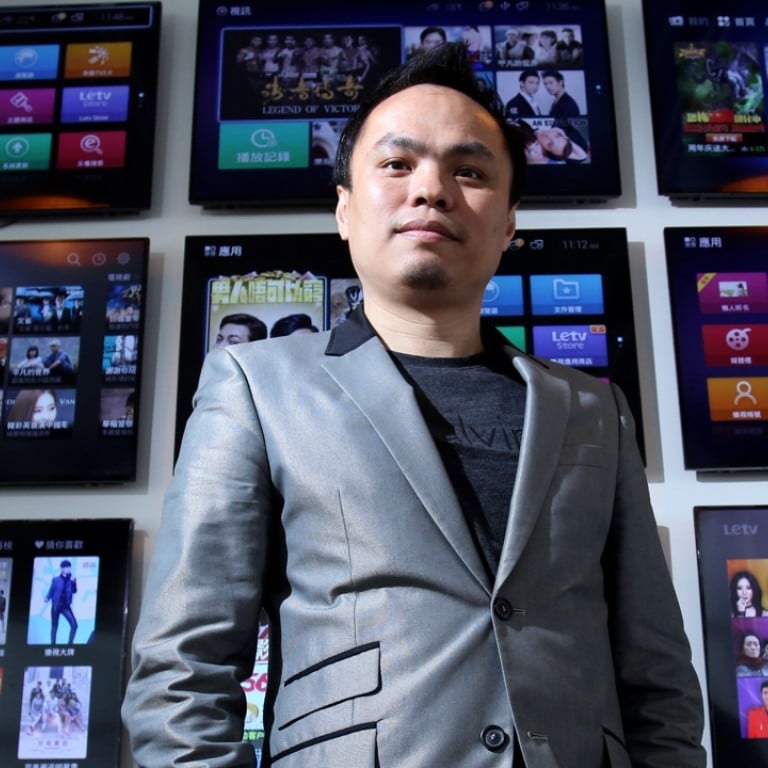
Tech-savvy kids needed: Education the key to fixing Hong Kong’s talent shortage amid rising competition from overseas, experts say
Hong Kong needs to follow in Singapore’s footsteps by promoting coding in schools and training children to be more internet-savvy from an early age if it hopes to retain its competitive edge, according to a senior executive at China’s LeTV.
One of the city’s chief strengths is that it serves as a bridge between China and Europe and the US but it needs to build on this to prosper in the digital age, Mok Chui-tin, chief executive for Asia-Pacific of the popular video-streaming and e-commerce service, said on Monday.
“Hong Kong has a good information flow, international talent, flexible communications - both Chinese and Western culture converge here,” he said at the South China Morning Post’s China Conference in Hong Kong.
READ MORE: Why tech-savvy Shenzhen has left Hong Kong at the starting gate
“[But] when I decided to move our Asia-Pacific headquarters to Hong Kong, I also encountered cases like a lack of internet talent. We have to face this issue.”
Mok pointed to the Singapore government’s focus on harnessing big data to develop itself as a smart city and the introduction of coding classes in its primary and secondary schools as a model for Hong Kong to follow.
In July 2014, Singapore’s education minister unveiled plans to teach robotics and coding to 10,000 students from 30 primary and secondary schools in the island state.
Alex Wang, vice president of CTO Group, ZTE Corporation, one of China’s top telecoms equipment makers, said Hong Kong is in a position to improve its high-tech sector but to do this it must foster a bigger pool of young talent.
“There are a lot of successful Hong Kong entrepreneurs, their descendants are now lawyers and doctors, but in the future I think more of Hong Kong’s younger generation can train as engineers,” Wang said.
“The government could help the city by fostering technology talents.”
Building a technology-savvy workforce would help Hong Kong’s traditional service industries capitalise on big data to build their businesses, pundits say.
Collecting data is no longer restricted to high-tech firms, as traditional industries work to understand consumer trends and behaviours.
Ho Yui Pok, chief financial officer of Chinese sportswear brand Xtep International Holdings, said it is increasingly important for the company to use data to target customers at a time when shoppers have access to unlimited information yet increasingly crave personalisation.
The company set up a customer database a number of years ago and is able to collect crucial data on shoppers through its e-commerce platform and its brick-and-mortar stores, it said.
“When customers come into our stores, we can collect the size of their foot, whether they run five or 10 kilometres or a marathon,” Ho said.
“Without the internet or technology we cannot [store and use]this data or provide customised shoes, so in the current age we must integrate technology.”

